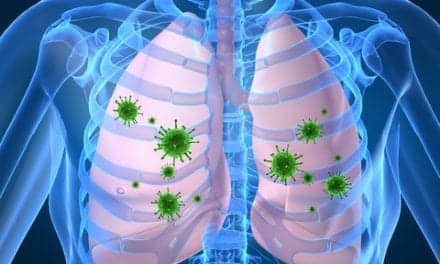In patients with non-CF bronchiectasis, macrolide maintenance treatment can effectively reduce frequency of exacerbations, attenuate lung function decline, decrease sputum volume, improve quality of life, but may be accompanied with increased adverse events (especially diarrhea) and pathogen resistance, according to a meta-analysis in BMC Infectious Diseases.
Macrolides are a group of antibiotics produced by various strains of Streptomyces and inhibit the growth of bacteria and are often prescribed to treat rather common bacterial infections.
According to the meta-analysis, macrolides showed a statistically-significant improvement in reducing acute exacerbations per patient during follow-up treatment, increasing the number of patients free from exacerbations, and prolonging time to a first exacerbation.
Effects of Long-term Macrolide Use in Non-CF Bronchiectasis










